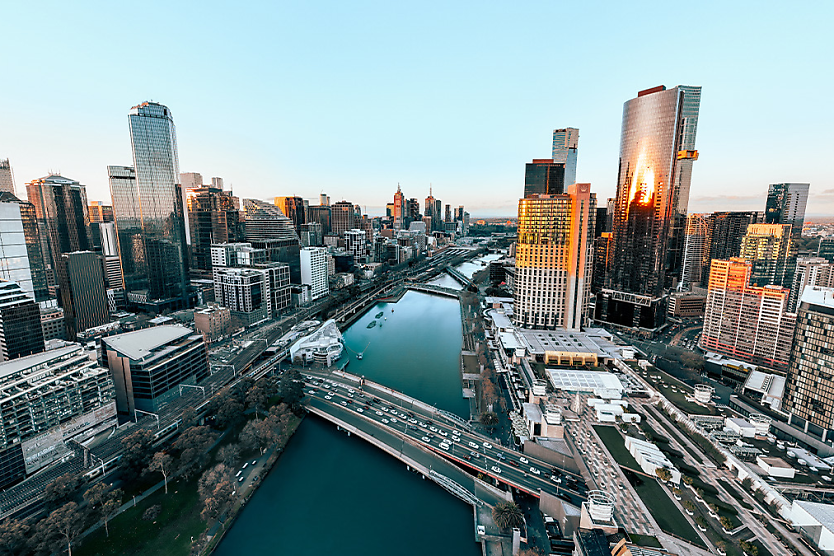Australians rank worst in the world at work/life balance, study suggests
SHARE THIS ARTICLE

New research has cast a dark cloud on Australia’s capacity for work/life balance, ranking the Land Down Under as the worst in the world at offering its workers a balance between their jobs and their lives.
Research from Remitly has ranked Australia last behind 21 other recorded countries pertaining to which nation offers the best work/life balance. Australia scored 32-100 on the index, ranking them dead last. The index itself is made up of a variety of different factors, which include:
- How many hours locals work in the average day;
- How long the average commute takes;
- How many hours workers typically sleep before a working day;
- How long is spent on work breaks;
- How satisfied residents are with their working lives.
According to the research, the top 10 countries with the worst work/life balance by way of the index are as follows:
-
Australia – 32 out of 100
-
Norway – 33 out of 100
-
Ireland – 35 out of 100
-
United States – 36 out of 100
-
Hungary – 38 out of 100
-
United Kingdom – 41 out of 100
-
Brazil – 47 out of 100
-
Canada – 47 out of 100
-
Italy – 51 out of 100
-
Spain – 52 out of 100
This somewhat coincides with a recent HR Leader article on the fact that four in five Aussie workers feel burnt out.
Heavy workloads (56 per cent), insufficient number of staff (36 per cent), commute to the office (27 per cent), toxic organisational culture (26 per cent), and a lack of communication and support from managers (21 per cent), were all cited as contributors to this widespread burnout.
“Burnout is reaching alarming levels in the Australian workforce,” said Nicole Gorton, director at Robert Half.
“The past year has seen a surge in stress, exhaustion, and disengagement among employees. The consequences of companies working with lean teams, the pandemic, economic uncertainty, and lack of job security have all contributed to this burnout epidemic.”
Burnout reinforces the need for a legitimate work/life balance. Heading into 2025, it’s a damaging reflection of the Australian workplace that not only is the work/life balance abysmal compared to other countries, but also that burnout among workers is extremely widespread – and not decreasing, according to the data.
“Many employees are feeling overwhelmed by the constant pressure to perform, the blurring of work-life boundaries, and the uncertainty of job security. Burnout is a serious issue that can have serious consequences for both individuals and organisations,” said Gorton.
“It’s crucial for employees to recognise the signs and communicate their struggles to their managers. Ignoring burnout won’t make it go away, and that can lead to decreased productivity, increased absenteeism, and even long-term health problems. By speaking up, employees can advocate for themselves and work with their managers to find solutions that address their specific needs and challenges.”
“Managers play a critical role in preventing and addressing burnout. They need to create a supportive and empathetic work environment where employees feel comfortable sharing their concerns. Regular check-ins and open communication channels can help reduce stress and promote work-life harmony.”
RELATED TERMS
Employees experience burnout when their physical or emotional reserves are depleted. Usually, persistent tension or dissatisfaction causes this to happen. The workplace atmosphere might occasionally be the reason. Workplace stress, a lack of resources and support, and aggressive deadlines can all cause burnout.
Kace O'Neill
Kace O'Neill is a Graduate Journalist for HR Leader. Kace studied Media Communications and Maori studies at the University of Otago, he has a passion for sports and storytelling.

